What is merino wool: The unique peculiarities of nature's finest fiber
Merino wool is a remarkable natural fiber that has gained widespread recognition for its exceptional qualities. Derived from the fleece of Merino sheep, this luxurious fiber is known for its softness, versatility, and superior performance in various applications.
It was originated in Spain and it is highly prized for it’s wool. The modern Merino sheep were domesticated in Australia and New Zealand. Merino accounts for about 40% of the world's wool production.

One of the key peculiarities of Merino wool is its ultrafine fiber thickness, often ranging between 18.5 and 24 microns, with 18.5 microns considered to be of the highest quality. This makes Merino wool one of the finest and softest wools available, far finer than most other types of wool, and even softer than many synthetic fibers.
The fine diameter of Merino wool fibers has several unique properties that make it highly desirable for a wide range of applications. Firstly, it results in a soft and luxurious feel against the skin, making it ideal softest yarn for hand knitting next-to-skin garments and baby clothing. Merino wool is also highly breathable, with its fine fibers allowing for efficient moisture wicking, which helps regulate body temperature and keeps the wearer comfortable in various weather conditions.
Another peculiarity of Merino wool is its remarkable elasticity and resilience. The natural crimp in Merino wool fibers allows them to stretch and recover their shape without losing their integrity, making Merino wool garments resistant to wrinkles, sagging, and deformation. This unique property also enhances the durability and longevity of Merino wool products, ensuring that they can withstand frequent use without losing their shape or softness.
Merino wool is also known for its excellent thermal insulation properties. Its fine fibers trap air, creating an insulating layer that helps retain body heat in cold weather, while also allowing for effective ventilation in warm conditions. It means that Merino is comfortable to wear, no matter what the weather is. If it's a little too warm, Merino will wick away the moisture to keep you comfy cozy. If it's a little too cold,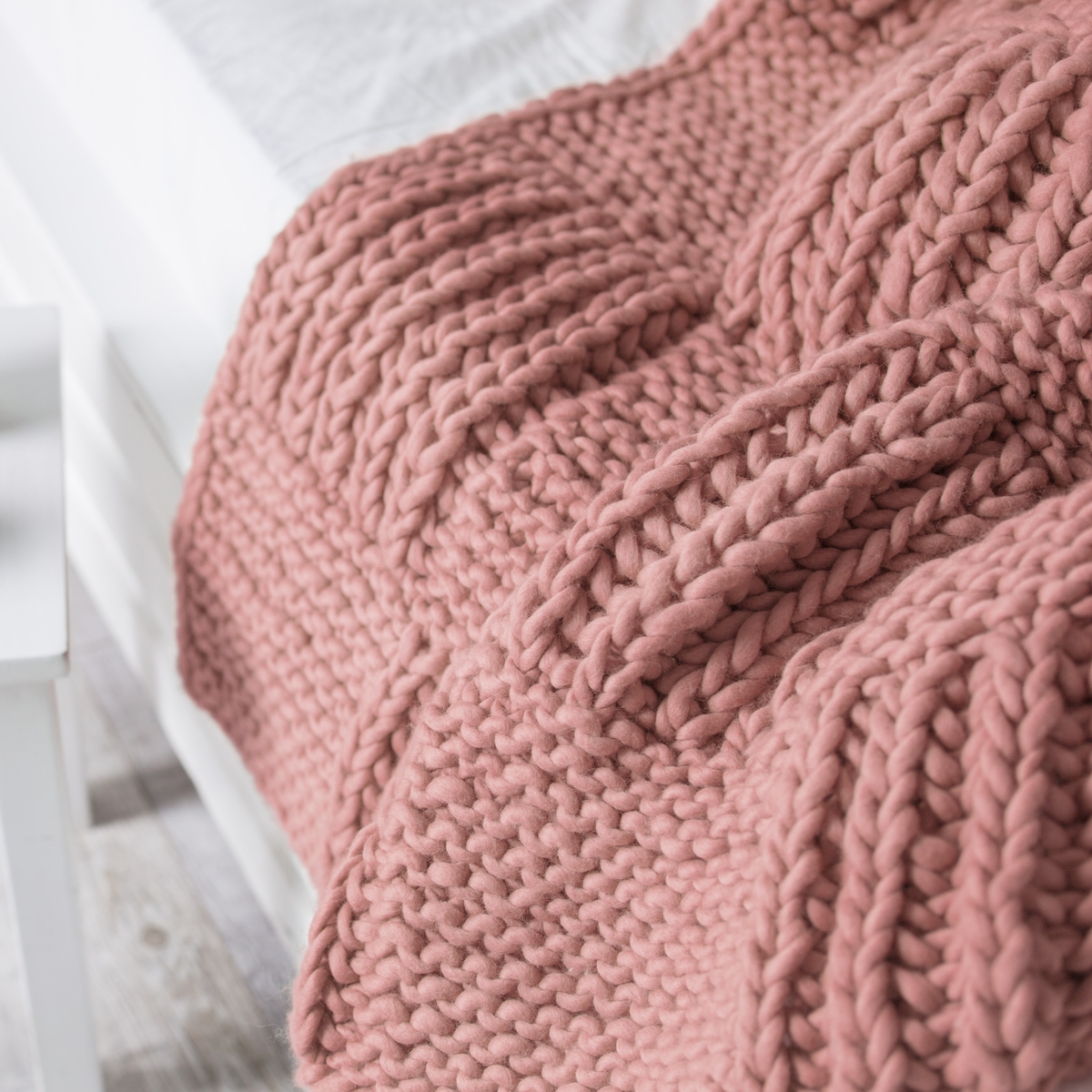 it will hold onto the warm air in its chunky fibers without weighing you down. This makes Merino wool an ideal choice for a wide range of knitting projects.
it will hold onto the warm air in its chunky fibers without weighing you down. This makes Merino wool an ideal choice for a wide range of knitting projects.
Furthermore, Merino wool is a renewable and sustainable fiber. Merino sheep are bred in various parts of the world, including Australia, New Zealand, South Africa, and South America, and are shorn regularly to obtain their fleece, which then naturally regrows. This makes Merino wool a renewable resource that can be harvested without causing harm to the sheep or the environment. Additionally, Merino wool is biodegradable, meaning it naturally decomposes without leaving a lasting environmental impact.
In conclusion, the peculiarities of Merino wool, such as its fine fiber thickness, softness, elasticity, thermal insulation properties, and sustainability, make it a truly unique and highly desirable fiber for various applications. Whether it's in fashion clothes and accessories, or home textiles, Merino wool stands out as a premium and eco-friendly choice, embodying nature's finest fiber.
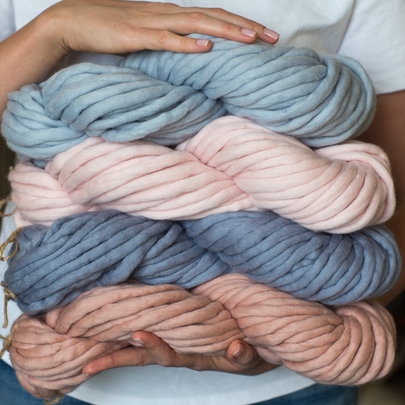

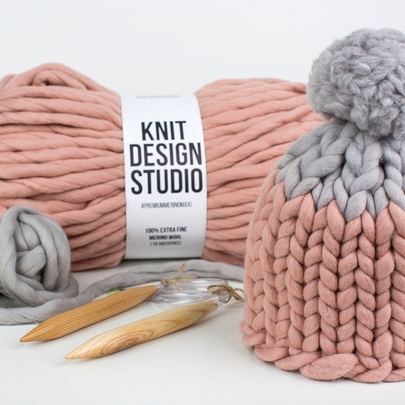
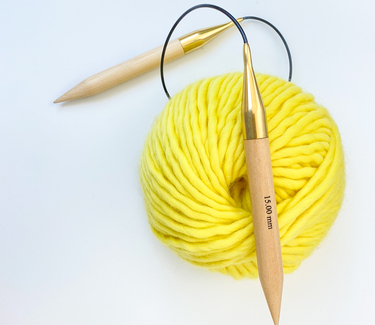
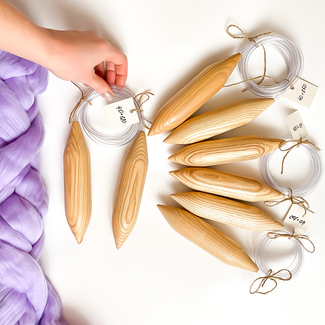
 Glyanec
Glyanec